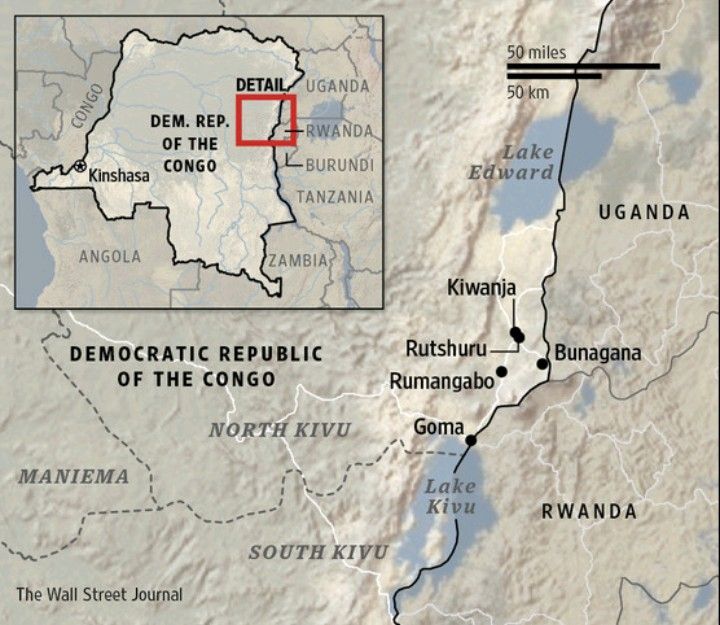When will the rape and mass graves end in Central Africa?
The latest report by Human Rights Watch on mass graves and rape in the Democratic Republic of Congo brings to the fore serious crimes that have been committed in the region for decades.
The international organization blames the latest findings on M23 rebels that have been destabilizing the region in recent years. The group that had been dormant for some time is known to receive support from Rwandan forces in their current onslaught.
The report reveals the execution of hundreds of people and more than a dozen mass graves in settlements in the North Kivu province. Over dozen rape cases were also reported. The M23 has consistently denied its involvement in such heinous crimes.
And so what?
While people and interests implicated keep denying their involvement, thousands of people live with the trauma of such happenings that have plagued the country and greater Central Africa for decades.
For some unfortunate reason, rape has been used as a weapon by warring factions in the region. While this is not unique to the area, the past decades have seen its consistent pervasive use. Aid organisations and activists have had to take many women through therapies after the ordeal.
In the case of mass graves, they only tell how conflicts in Africa are under-reported or are not covered. It often takes the discovery of mass graves to count and estimate the human cost of earlier massacres.
On several occasions, mass graves have been discovered in the DRC and the wider region. This has not stopped the brutal murder of the innocent who are often targets for ethnic cleansing and irredentist agenda.
While regional forces are present in the eastern Congo to stop a possible genocide by the M23 in large cities, the rebels have incrementally taken swaths of territory and murdered the inhabitants of villages in their way.
Despite their socio-economic predicaments, the population in the region are constantly faced with being deprived of the right to life.
Way forward?
While sub-state actors are often direct perpetrators, the support given to them by state actors strongly suggests that the end of these barbaric crimes starts with states. While Rwanda is blamed for supporting the M23, the DRC is equally blamed for supporting an opposing rebellion. These rebels are also engaging in these acts.
Kinshasa and Kigali would therefore be instrumental in stopping rape and the massacre of innocent civilians. When the leaders of these countries meet and agree to give peace a chance, people will be able to live—at least.
Regional forces must prioritize this.
Below: a map showing the North Kivu Province of DRC and other neighbouring states including Rwanda.








